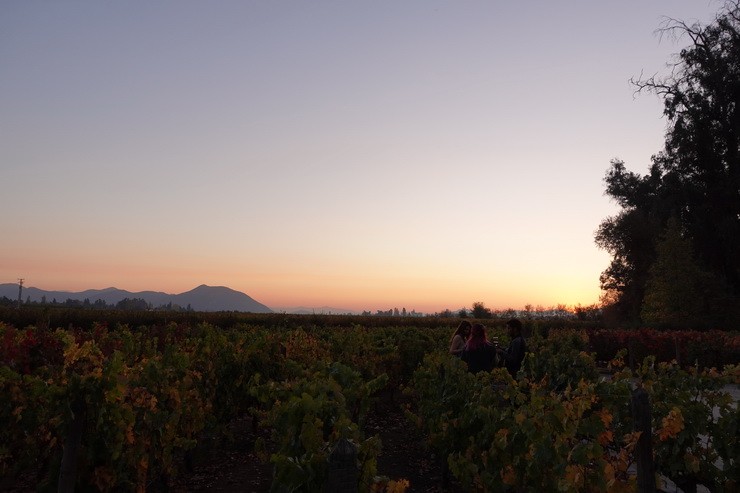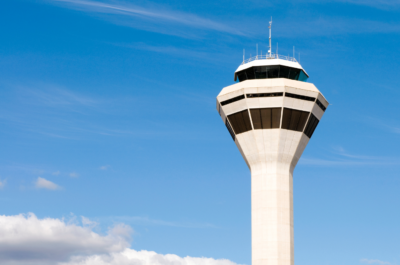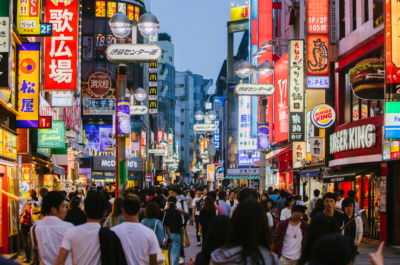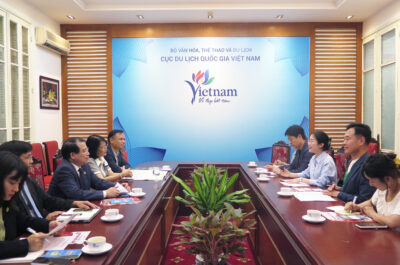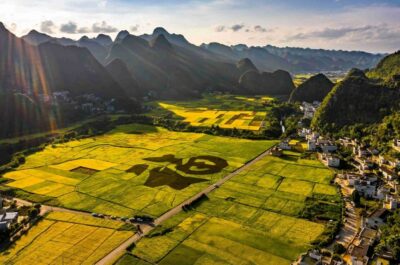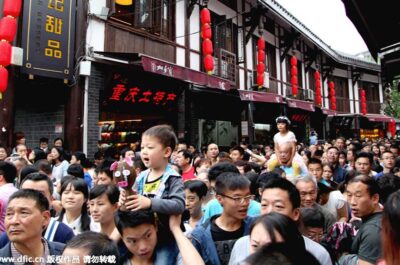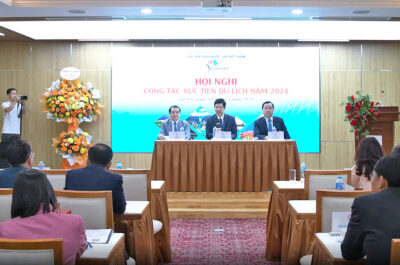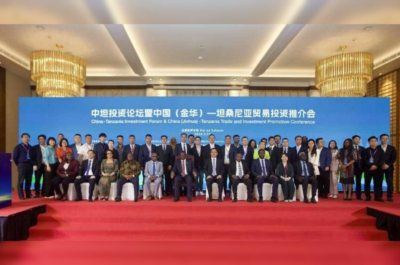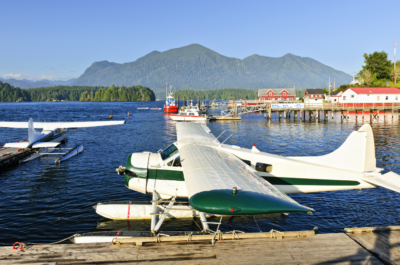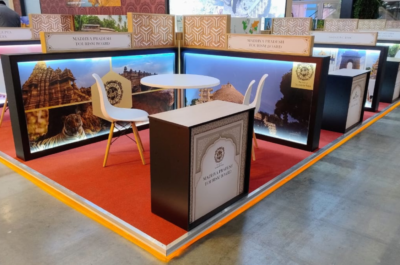“Wine tourism” or “Eno-tourism” are popular terms within the wine business. Both refer to tourism that gives authentic touring experiences to guests visiting vineyards/wineries as well as tasting, consuming and/or purchasing wine.
A visit to wineries, a variety of sips during the wine tasting while diving deeper into the world of viticulture… For decades, wine tourism has been a significant element of the wine industry. It contributes to the economic development of a wine region while also maintaining and enhancing its cultural legacy. Wine tourism could thus be a critical component in ensuring the long-term viability of wine regions around the world.
“Wine tourism” or “Eno-tourism” are popular terms within the wine business. Both refer to tourism that gives authentic touring experiences to guests visiting vineyards/wineries as well as tasting, consuming and/or purchasing wine. It also gives an opportunity to discover untold stories of wineries, resources used and processes, while allowing travellers to immerse in the historical journey, culture, heritage values and culinary diversity of wine.
Wine connoisseurs now have the opportunity to peer into the once enigmatic wine world, making the entire wine experience more visual and pleasurable for them.
Can sustainability be wired into luxury?
Consumers today are more aware of and concerned about the negative impacts that the products they buy leave on our climate and environment – even for luxury items like wine. They want to know about the activities involved in product creation and whether the process is environmentally friendly and socially equitable.
The efforts put forth in winemaking, resource utilisation, engagement with the local community, preservation of local culture and traditions, and promotion of these to tourists have all grown increasingly significant in recent years. Hence, it is critical not only for wineries to follow sustainable winemaking practises, but it becomes exceedingly pertinent to integrate wine tourism experience with showcasing effective sustainable practices to tap into the psyche of the modern consumer.
If wine tourism is properly planned and managed, it can provide an opportunity for growth in the wine value chain. It creates more value and brings an immense advantage to both operators and visitors. The presence of wine travellers is a guarantee of sustenance for the community and other local businesses.
The challenge canvas
Wine tourism, like any other industry, also faces several challenges. The challenges are multi-fold and encompass environmental, socio-economic and climate factors. This is also coupled with a lack of financial and human resources, infrastructure, information/guidelines, strategy, knowledge, collaborator movement, top management engagement, commitment and interest, to name a few.
According to a recent survey conducted by WineTourism.com and Hochschule Geisenheim
University, sustainability plays a critical role for wineries. A whopping 93% of all wineries that participated in the survey stated that sustainability in wine tourism is either important or very important.
The survey findings also revealed that the main barriers to achieving the sustainability parameters in wine tourism are the lack of financial resources (48%), human resources (35%), infrastructure (35%), and information/guidelines (18%), among other factors. All of which need to be addressed for sustainability to take centre stage.
To prioritise these, awareness isn’t enough when it comes to adopting sustainable wine tourism activities. A need for focused efforts and execution to meet the exact requirements is the call of the hour. Due to a lack of knowledge, guidelines and procedural documentation, wine tourism operations become less successful with limited outcomes. To flourish with a high pace, a thorough understanding of sustainable standards and practices is unavoidable and should go hand-in-hand with educating all important stakeholders.
Towards making wine travel businesses more sustainable and secure
Tourism is one of the world’s fastest-growing sectors, as well as a key source of foreign exchange and employment, according to the United Nations. It is closely connected to the social, economic, and environmental wellbeing of many countries, especially developing countries.
Without a doubt, tourism industry significantly contributes to local employment and wealth, strengthens local communities, preserves local cultures, and helps in the conservation of heritage, including architecture and natural sites. These are only achievable when tourist sites are managed responsibly.
As it can be challenging for businesses to kickstart and refine their sustainability journey, Preferred by Nature has developed the Standard for Sustainable Travel Activities. The standard helps guide travel businesses and activities to run their systems in a more responsible way while keeping their promises to protect and preserve biodiversity, cultural heritage and the welfare of local communities.
The Standard includes four principles – designed to help businesses focus on improving their performance regarding business management and operation, environmental, sociocultural and climate practices.
Theodore is the Co-Founder and Managing Editor of TravelDailyNews Media Network; his responsibilities include business development and planning for TravelDailyNews long-term opportunities.













